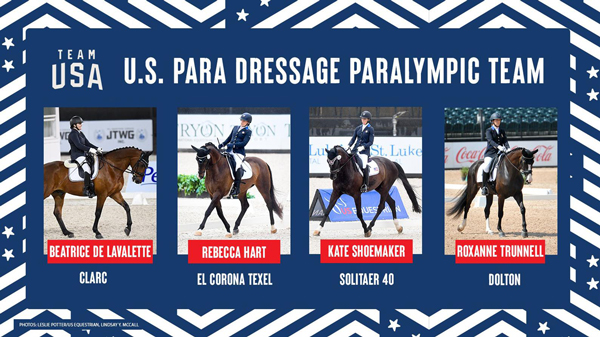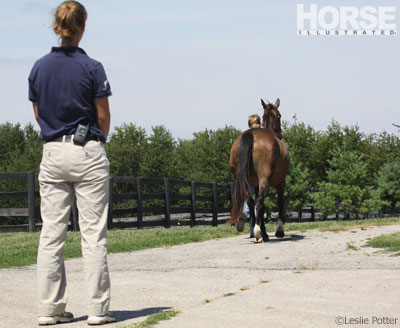“I just love Samson, but I could never afford a horse like him,” says Jennifer Braeburn, who yearns to compete in the hunter and equitation divisions on the West Coast. However, the cost of pursuing a graduate degree in education put the kybosh on buying a show horse. “I can afford to lease Samson until the end of this year. That’ll give me a chance to show a few times before I enter the ‘real world.’”
Indeed, leasing a horse can be the perfect option for riders who are eager to compete but lack the funds to purchase a proven performance horse. Leasing is also a way for novice equestrians to gain an introduction to the world of horse ownership. And, horse lovers with time management issues can usually budget enough hours to enjoy leasing a horse when owning one outright is impossible. But regardless of the scenario, the most attractive feature of leasing is that once the rider terminates the agreement, the horse goes back to its actual owner. Ultimately, leasing can be a rewarding way to experience owning a horse without the hassle of selling it once it’s time to move on.
If you’re considering leasing a horse, where might you find one? And what does a leasing agreement include?
Riding schools and training barns are your best source for performance horses that are available for lease. Often these are glorified lesson mounts that are fancy enough to do double duty as show horses on the local circuit. Or they may simply have an absentee owner—someone who’s out of state attending college or unable to ride due to health problems—who’ll allow a pre-approved rider to lease their horse. If your primary interest is in trail or recreational riding, large boarding stables are a source for possible leases. Post a flier at the stable office and chat up the boarders to see if there is anyone interested in leasing their horse to a trustworthy rider.
It’s that trust factor that mandates a written lease agreement. Regardless of how enthusiastic an owner seems to be, make sure you get a signed contract that stipulates everything you’ll be responsible for. That way there won’t be any ugly scenes if the horse should become injured or ill and require expensive veterinary care. Will you be the one whipping out the checkbook, or will the horse’s owner be paying the bill?
Also be aware of any hidden costs. For example, at high-end show stables, it’s not unusual for there to be a lease fee tacked on top of standard board, training and care costs. Think of the lease fee as similar to paying rent, only instead of an apartment you’re renting a horse. And just as you’d pay the cost of utilities with an apartment, you’ll typically be responsible for all or part of the horse’s maintenance. That includes shoeing, boarding, feed supplements and routine vet care. To keep a performance horse tuned up, chances are you’ll also be required to participate in a lesson program.
At the other end of the leasing spectrum is what’s known as a “feed lease.” This is where you are only responsible for whatever it costs to feed or board the horse. All other care (farrier and vet bills, etc.) remain the responsibility of the horse’s owner.
The bottom line when it comes to leasing a horse? Be fully informed before signing any contract. And then be prepared to fall in love with a horse that’s almost—but not quite—your own.






great article. We are considering leasing a horse for my 14 year old daughter.
I don’t like the down side of leasing.Why get attached to the horse,and at the end of the lease,you don’t have an Option to buy?
Leasing a horse worked out great for me when I was in college. I guess it didn’t bother me that much when the lease ended because I knew that it would end when I graduated. I would’ve gone crazy if I hadn’t had a horse to ride!
Thank you for a thorough getting-started primer!
Good article. I am thinking about leasing a horse soon and this is very informative.
…
Interesting. But I would fall in love with a leased horse and then I wouldn’t want to let them go.
wow. i never realized that there may be more than the lease contract says. my parents are thinking about letting me lease a horse and this is a great article to show them! Thank you for the great tips on leasing!